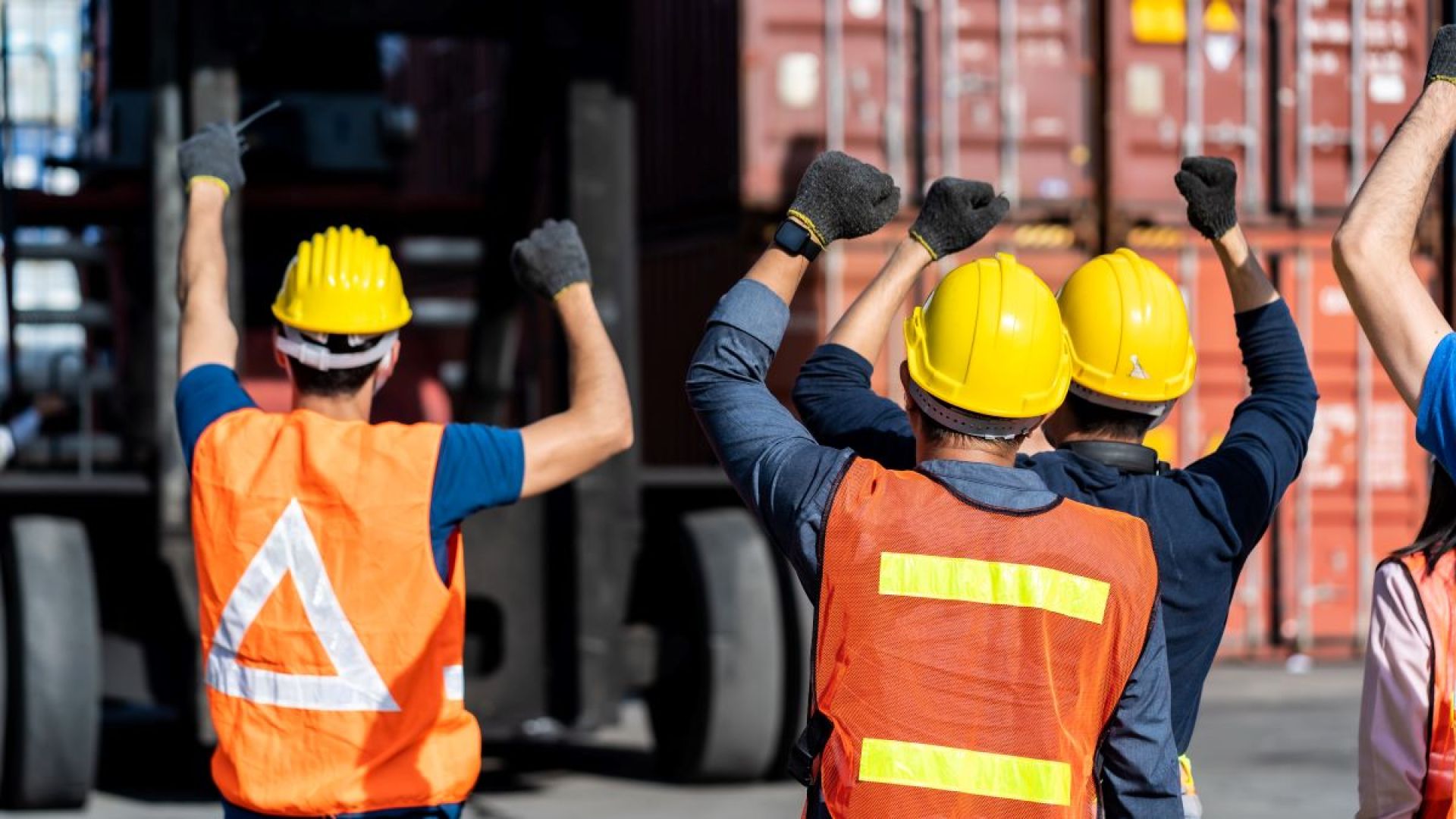In the future, workers will play a stronger role in multinational companies. This is the key message from the agreement reached last night on the functioning of European Works Councils, negotiated between the European Parliament and EU member states. The Socialists and Democrats significantly improved several key aspects of the deal.
European Works Councils (EWCs) represent the interests of employees in large multinational companies operating across Europe. Despite EU legislation dating back to 1994, which clearly defines their rights, too many EWCs are still denied vital information. As a result, workers are often excluded from important transnational decisions that directly affect them.
Thanks to the efforts of the S&D Group, the new agreement ensures early and binding consultation with workers on EU-level decisions that affect them. It also promotes a more balanced gender representation in EWCs and introduces stronger financial penalties for violations of consultation rights.
Concretely, the S&Ds succeeded in strengthening workers’ consultation rights by clarifying the definition of “transnational matters”, ensuring that experts assisting EWCs – including trade union representatives – can attend management meetings in an advisory capacity, and securing the right for EWCs to meet with central management in person at least twice a year to discuss the company’s progress.
Gaby Bischoff, S&D vice-president for social Europe and S&D negotiator on European Works Councils, said:
“We, the Socialists and Democrats, have strongly advocated for strengthening the rights of European Works Councils as the only transnational representatives of employees’ interests. The negotiations were tough, but the results are impressive.
“This is a true milestone in enforcing workers’ consultation rights. Companies that violate their obligations will now face tangible sanctions. Member states will be required to introduce corresponding national rules, calibrated to the company’s revenue and the severity of the violation.
“With this reform, European Works Councils gain teeth – clear rights, binding participation, and stronger protection. This was long overdue. Anyone who wants to shape change needs strong works councils across Europe.
“Stronger social dialogue in multinational companies means stronger democracy and better working conditions for all. Workers must be involved in decision-making to ensure that transitions are fair and just, and that profits are fairly shared.”
Note to editors:
This agreement reforms the directive on European Works Councils (EWCs), originally adopted in 1994 and updated in 2009. Their task is to ensure that workers are properly informed and consulted on decisions taken at EU level that could affect their working or employment conditions.
The deal reached last night is a provisional agreement that still needs to be formally adopted by both co-legislators, the European Parliament and the Council, representing EU member states.










